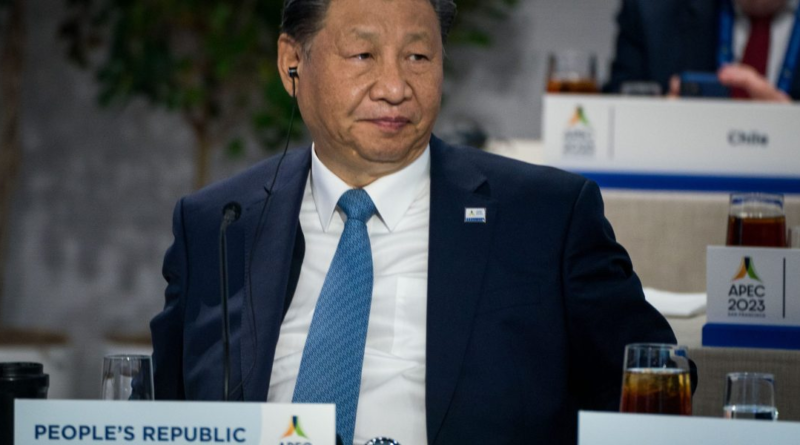China just recorded the lowest level of foreign direct investment since 1993
Foreign businesses’ direct investment into China last year increased by the lowest amount since the early 1990s, underscoring challenges for the nation as Beijing seeks more overseas funds to help its economy.
China’s direct investment liabilities in its balance of payments stood at $33 billion last year, according to data from the State Administration of Foreign Exchange released Sunday. That measure of new foreign investment into the country — which records monetary flows connected to foreign-owned entities in China — was 82% lower than the 2022 level and the lowest since 1993.
The data shows the effect of the Covid lockdowns and weak recovery last year. In a first since 1998, the investment fell in the third quarter of 2023, before recovering a bit to post growth in the final quarter.
SAFE’s data, which gauges net flows, can reflect trends in foreign company profits, as well as changes in the size of their operations in China, according to economists. Profits of foreign industrial firms in China dropped 6.7% last year from the prior year, according to National Bureau of Statistics data.
Earlier figures from the Ministry of Commerce showed new foreign direct investment into China fell last year to the lowest level in three years. MOFCOM’s figures don’t include reinvested earnings of existing foreign firms and are less volatile than the SAFE figures, economists have said.
The government’s efforts to get overseas companies to return after Covid are falling short, and more will be needed if Beijing is to succeed in its aims. The continuing weakness highlights how foreign companies are pulling money out of the country due to geopolitical tensions and higher interest rates elsewhere.
There’s more incentive for multinationals to keep cash overseas rather than in China, because advanced economies have been raising interest rates when Beijing has been cutting them to stimulate the economy. A recent survey of Japanese firms in China showed most of those companies cut investment or kept it flat last year, and a majority don’t have a positive outlook for 2024.
Japanese companies added the least amount of net new money last year in at least a decade, with only 2.2% of new Japanese overseas investment going to the mainland. That was less than what was channeled into Vietnam or India and only about a quarter of the investment into Australia, according to Japanese government data released earlier this month.
Taiwanese firms have also become much more reluctant to add to their businesses in China, with new investment last year the lowest since 2001, government data showed last month. Taiwanese companies have traditionally been among the biggest investors in China but have been cutting new capital expenditure in the world’s second-largest economy since the peak in 2010.
South Korean firms also slashed investment into their close neighbor China last year, with new FDI dropping by 91% in the first nine months of 2023 compared to the same period in 2022, dropping to the lowest level since 2002.
However, there are some bright spots. Direct investment into China by German companies reached a record of nearly €12 billion ($13 billion) last year, according to a German Economic Institute report based on data from the Bundesbank.
That demonstrates an eagerness to expand in the world’s No. 2 economy even while the European Union steps up scrutiny of these investments because of security concerns. Investment in China as a share of Germany’s total direct investment abroad expanded to 10.3% last year — the highest since 2014, the report showed.




